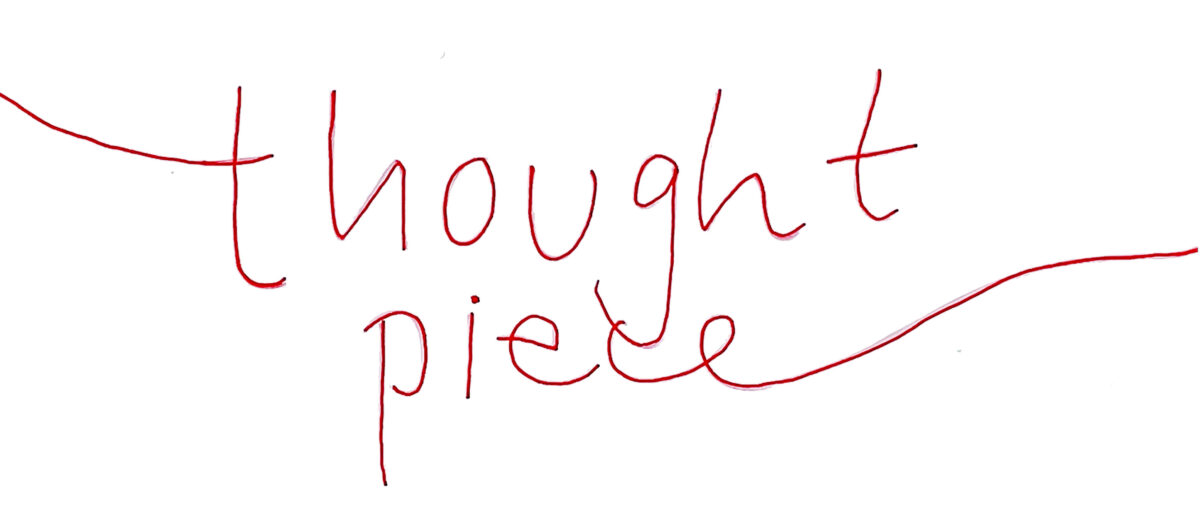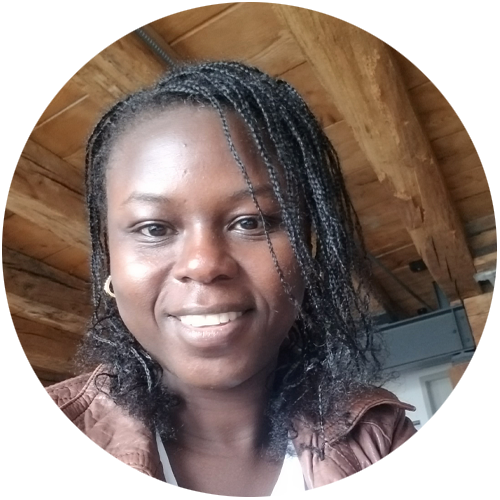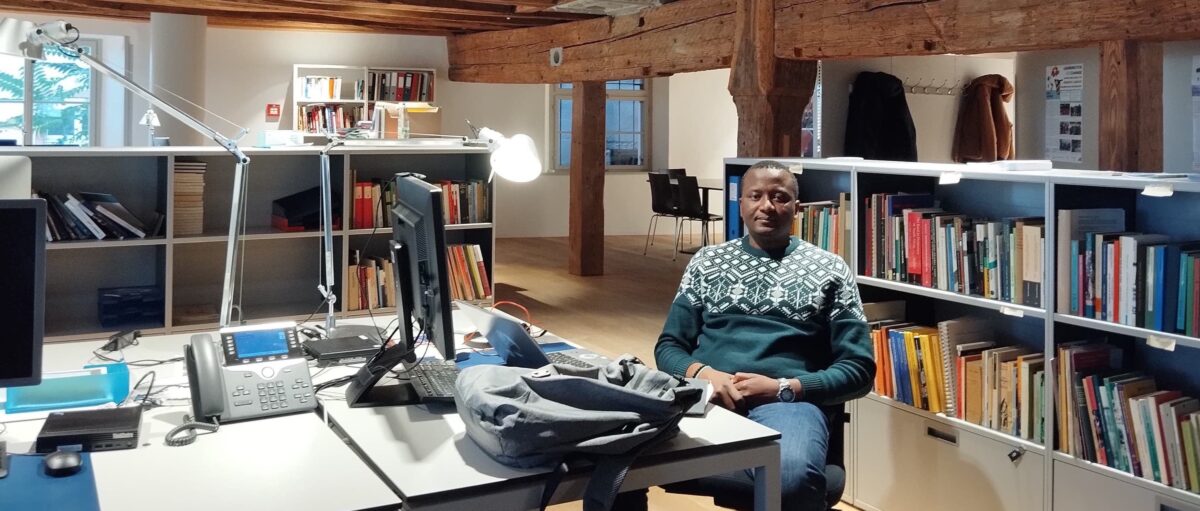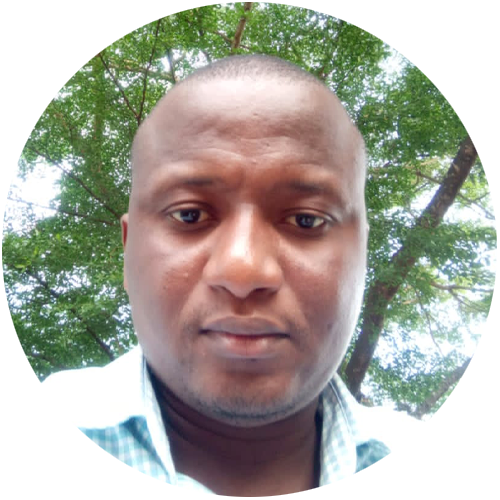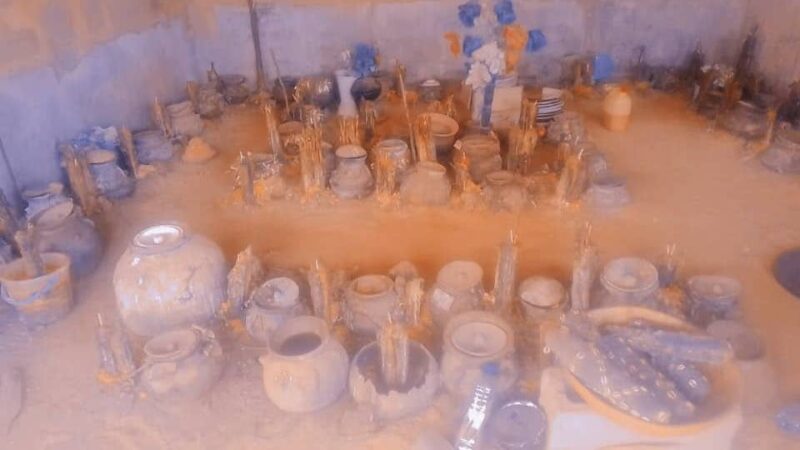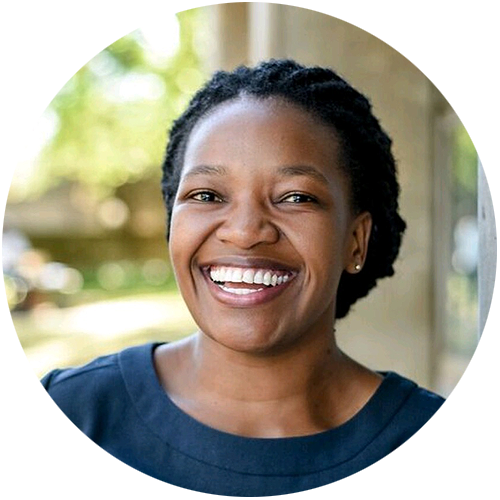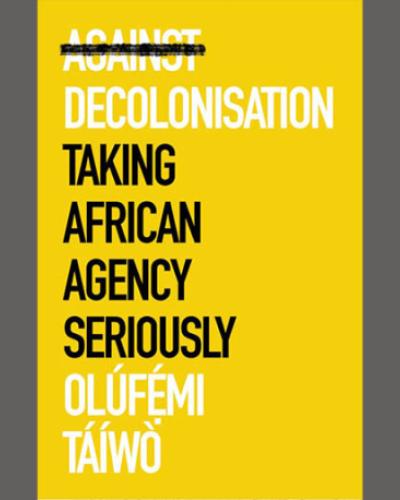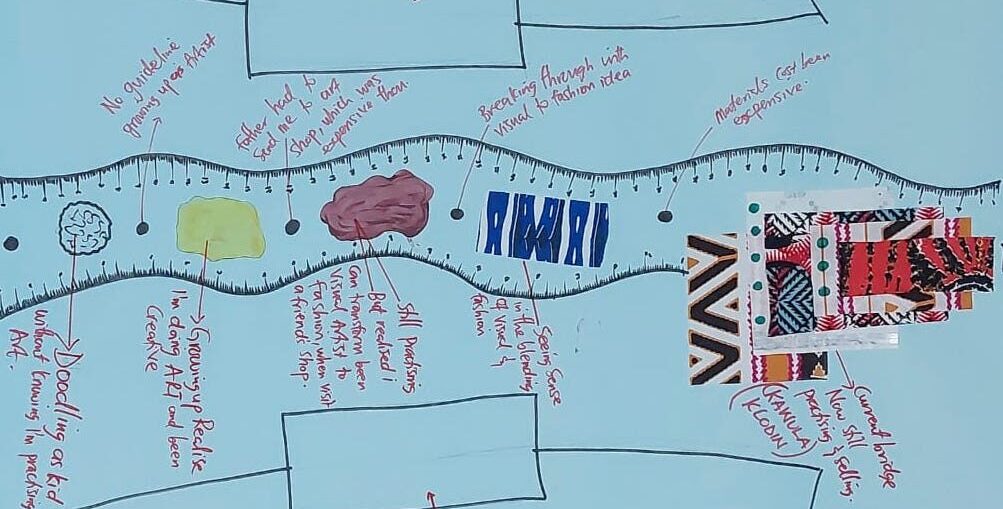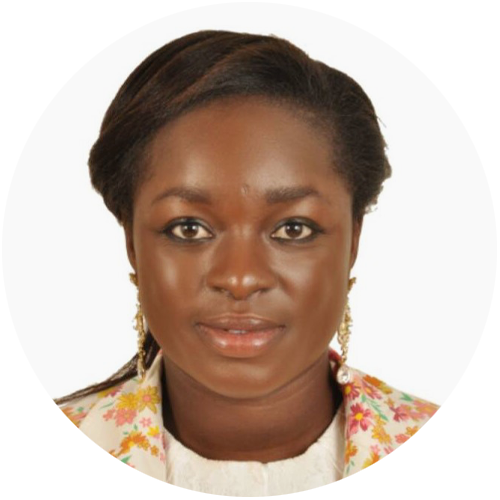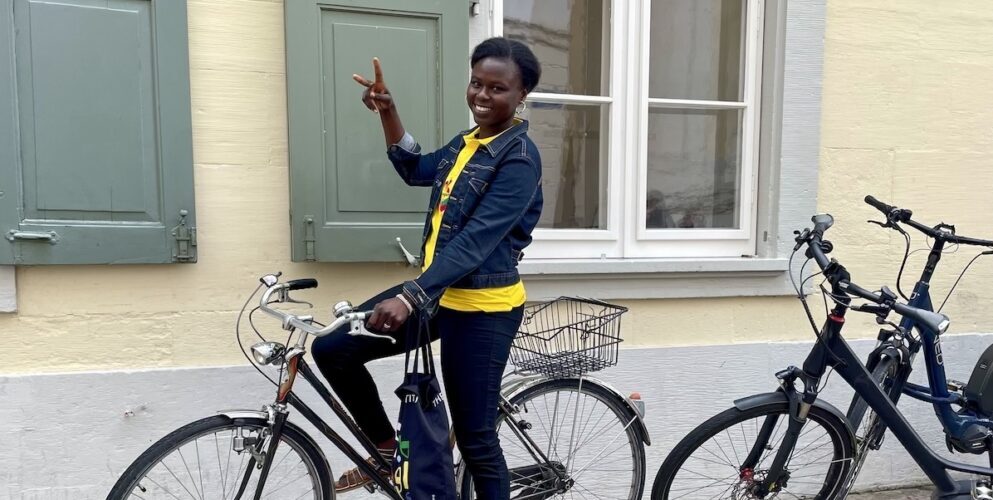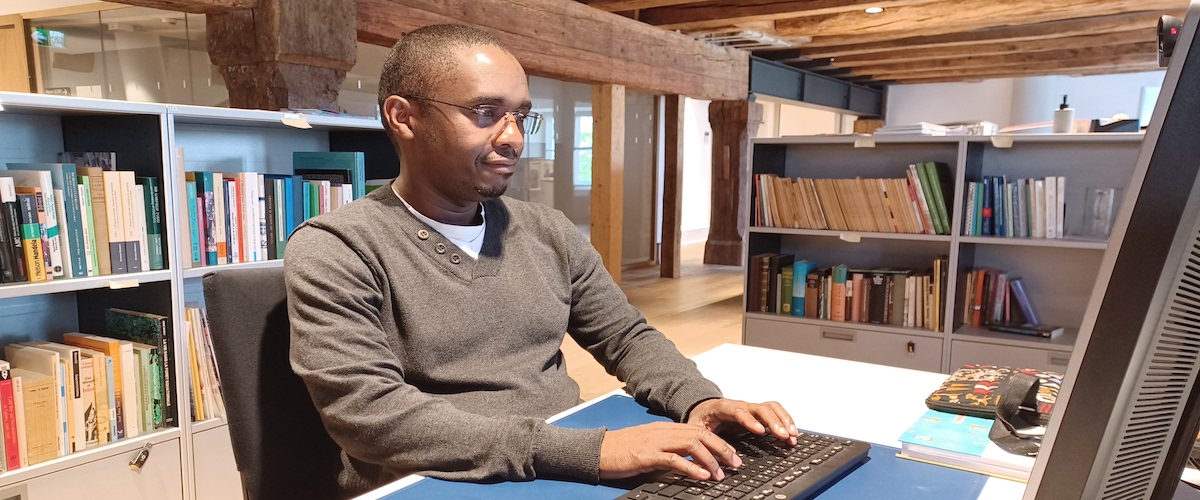Rian’aina Razafimandimby Rabarihoela – L’ouvrage : « Antananarivo : circulation automobile et ses enjeux. Etude socio-anthropologique » paraît aux Editions de l’Harmattan

À Antananarivo, Madagascar, la circulation est l’image même d’une anarchie : embouteillages monstres à toute heure, course folle des deux roues entre les files et les voitures, comportement irrespectueux des grosses cylindrées tout-terrain, arrêts impromptus et stationnement à la sauvette des véhicules de transport en commun dits taxibé, encombrement de la chaussée par les véhicules à bras et autres marchands de rue, etc… Pour tenter d’expliquer ce désordre permanent, on s’évertue à désigner des boucs émissaires ou à se pointer les uns les autres du doigt sans qu’aucune solution concrète et efficace ne soit trouvée.
Vivre ce calvaire au quotidien a fini par me convaincre, en tant que socio-anthropologue, de tenter d’identifier les raisons profondes de ces maux et de ce mal-être, ou plutôt mal-vivre propre à la capitale, dans le cadre d’une étude plus spécifique sur la « petite » corruption dans la circulation automobile d’Antananarivo.
Mon ouvrage a, dès l’abord, cherché à dépasser les conclusions préfabriquées, déjà nombreuses, les « arbres des problèmes » stéréotypaux ainsi que les solutions toutes faites tirées « des bonnes pratiques » issues d’ailleurs mais difficilement adaptées au terrain. L’étude explore une voie à laquelle j’ai été initiée au cours de l’université d’été du CODESRIA/CSAB en 2015 mais malheureusement encore peu exploitée dans l’appréhension des enjeux de la cité : celle de la compréhension par la base, partant de la réalité et essayant de comprendre le contexte réel pour le laisser « générer sa théorie ».
J’ai choisi alors la méthode socio-anthropologique. Je me suis ainsi plongée dans le terrain, privilégiant une approche directe, compréhensive et empathique, et essayant de recueillir fidèlement les éléments d’information de toute nature provenant des différents acteurs de la circulation.
En essayant d’abord de comprendre le contexte, l’ouvrage nous fait découvrir qu’Antananarivo est une ville qui hérite de profondes contradictions historiques. À l’origine ville collinaire dessinée suivant une perception géo-cosmologique durant la période royale, elle a ensuite été découpée et étendue de façon artificielle par les autorités de l’époque coloniale, rendant son organisation et sa gestion plus difficiles après le retour de l’indépendance. En conséquence de cette rupture historique, certains aspects de la ville sont figés dans le temps, plusieurs efforts successifs d’organisation restent inachevés, faisant se superposer des éléments contradictoires à l’image de certains moyens de transport d’un autre âge (charettes à bras ou à boeuf…) cohabitant avec les véhicules dernier cri.
Dans cette atmosphère de chaos permanent, l’écart puis le choc inévitable entre la perception des gestionnaires de la ville d’un côté et celle des usagers de la route de l’autre, rend les efforts d’organisation encore plus complexes.
Tout comme la circulation, la réglementation est, elle aussi, mouvante, s’adaptant à l’air du temps, se faufilant entre l’héritage traditionnel et les réalités modernes, tiraillée entre divers aspects paradoxaux. Elle est d’ailleurs, elle-même, caractérisée par une superposition d’acteurs se disputant la légitimité de leur pouvoir, résultant souvent en des conflits latents au niveau institutionnel.
Dans ce contexte émergent des boucs émissaires, évoluent différents acteurs (différents types d’usagers, police de réglementation…), reflétant les diverses formes d’inégalités et de frustrations qui caractérisent la société malgache dans son ensemble. La population des usagers se divise en deux parties socialement distinctes mais obligées de cohabiter : celle des privilégiés et celle des moins privilégiés. Il ressort que ces deux catégories divergent fondamentalement quant au comportement attendu des usagers de la route, ce qui engendre de fréquentes altercations et nourrit un cycle sans fin de tensions. Le système de la circulation devient alors, à la fois, un lieu d’action et de négociation, de manifestation de pouvoir mais aussi de son rejet, de témoignages d’attentes et d’espoirs ainsi que de thérapie collective.
L’ouvrage pourrait, d’une part, constituer un guide de méthodologie scientifique précieux pour tout étudiant souhaitant s’en inspirer pour parfaire ses techniques d’analyse qualitative d’une situation réelle et complexe. Mais essentiellement, cette étude est un véritable outil au service d’une gouvernance appelée à s’orienter vers des solutions de fond, plus efficaces et surtout plus pérennes.





